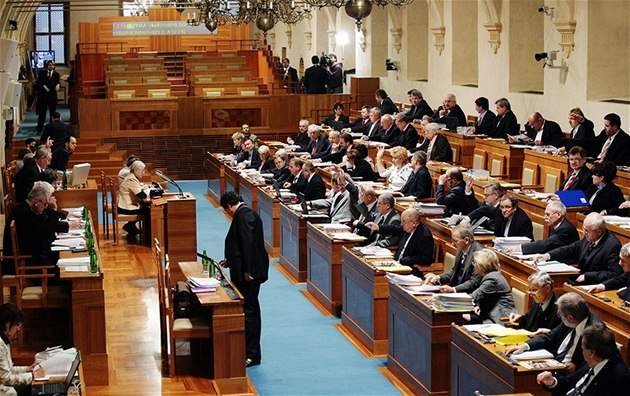On May 20, 2020, the Senate of the Czech Republic unanimously adopted a resolution marking the 75th VE-Day anniversary and condemning crimes against humanity committed during WWI and WWII. The resolution condemns the wartime crimes of the Nazis, as well as the Genocide of Armenians in Turkey during WWI, emphasizing that the elimination of people on grounds of their ethnicity or religion is fully unacceptable.
The draft resolution was brought in for consideration in the upper chamber of the Czech parliament by Vice-President of the Senate Milan Štěch (social democrats). Tomáš Czernin, leader of the Czech right-centrist TOP 09 party, also suggested that, together with the Armenian Genocide and the Nazi crimes, the condemnation of Communist terror should be included in the resolution, including in the former Soviet republics. However, this suggestion was rejected by the Senate. As Milan Štěch said, such kind of amendments stood out of the resolution’s concept.
A similar resolution condemning the Armenian Genocide and Nazi crimes against Jews, Slavs, Roma and Sinti was adopted by the lower chamber of the Czech parliament in 2017.
The Armenian foreign ministry welcomed the resolution by the Czech Senate. “We welcome the resolution adopted by the Parliament of the Czech Republic that marks to the 75th VE-Day anniversary and condemns crimes against humanity, including the Armenian Genocide committed in the Ottoman empire. Chechia’s unanimous decision is a major contribution in the cause of restoring historical justice and respecting the remembrance of victims,” Armenian foreign ministry spokeswoman Anna Naghdalyan said.
The Turkish foreign ministry, in its turn, was hostile in its statements, reading that the adoption of the resolution needlessly revealed that the Czech “distorted mentality based on pointless one-sided arguments” was here to stay, although it harmed the bilateral relations back in 2017. The statement by the Turkish diplomatic mission characterized the resolution as “a decision of no importance for Turkey that is rather the result of fruitless efforts of those trying to re-write history in favor of momentary interests.”
Another undoubtedly interesting fact is that, according to the Turkish foreign service, Czech foreign minister Tomáš Petříček distanced himself from the Senate resolution, saying that it did not reflect the Czech government’s views.


